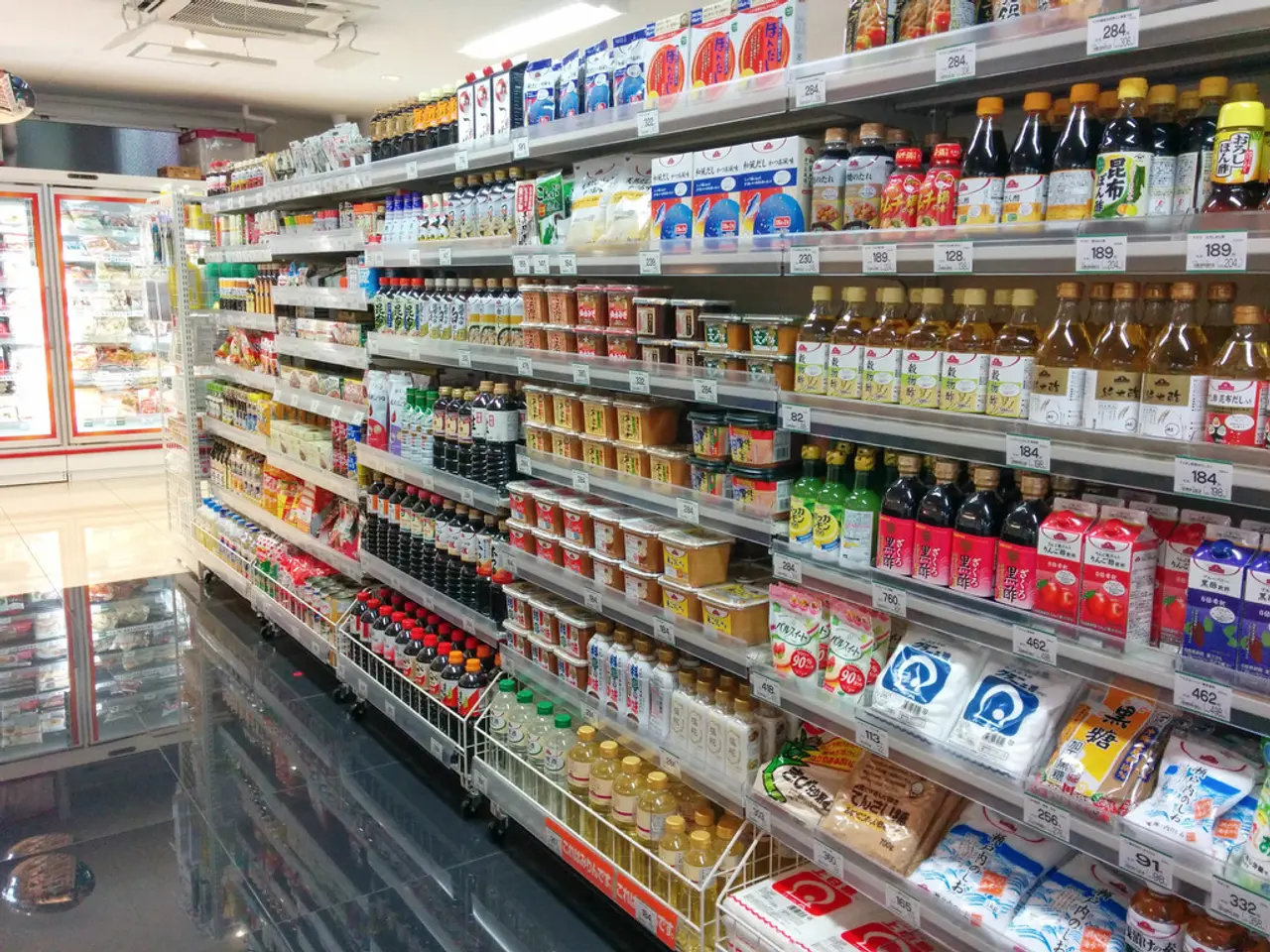International Commerce under Stress: Unraveling Significant Developments
In the ever-evolving landscape of global trade and energy, agility and optionality are key to success in 2025. The world is facing a complex trade environment, influenced by factors such as tariffs implemented by the Trump administration, geopolitical instability, and uncertainties surrounding tariff levels and potential reactions from other countries.
These uncertainties are causing uncertainty in decisions and influencing supply chains. Corporates with an existing US domestic presence may expand their industrial activities and minimize reliance on imports for their US operations. On the other hand, there is an anticipation of a confirmation or acceleration of new trade and investments corridors. South Korea and Japan could capture more export flows to the US, while the Middle East could emerge as a trading and manufacturing hub.
The surge in energy consumption is primarily driven by the proliferation of energy-intensive data centers, rapid growth of artificial intelligence, and the electrification of residential and transportation sectors. In the US, there is a trend towards coupling energy transition with energy addition, while in Europe, energy transition is linked to security. In Europe, there is a lot of support for adding new renewable capacities and adjusting car fleets to more hybrid and electric cars.
Defense is becoming a priority on the European agenda, and the emphasis is shifting towards assisting European clients within Europe to expand their production capacities. Defense industries are likely to receive strong backing from their respective governments. However, the defense industry has many small and medium-sized suppliers with unique and essential expertise, and major European defense companies need to ensure these suppliers have the capacity to keep pace with production and potential technology upgrades.
Questions remain about the financing of the entire defense ecosystem and its organization, particularly regarding the role of government entities and potential changes to the mandate of ECAs like Bpifrance. Data traceability is becoming increasingly critical, and tools for this purpose are being developed.
Our clients need tailor-made solutions, and the organization has adjusted by industries to reinforce sectorial expertise, advise clients proactively, and create opportunities. Michela Cicenia and Guillaume Genet advise clients in the fields of private equity and finance.
In the commodity space, traders should address supply chain disruptions. Collaboration with the French Ministry of Finance and a diverse trade ecosystem is ongoing to support the implementation of the Model Law on Electronic Transferable Records (MLETR). The future lies in the coexistence of well-established platforms and bank portals enriched with added value solutions and Artificial Intelligence.
The geopolitical context, particularly the situations in Ukraine and the Middle East, are creating additional challenges to the business climate of global trade clients. The lessons learned from the COVID-19 pandemic can help enhance adaptability capacity. Invenergy, a clean energy platform, recently successfully raised $2.5 billion in funding. Statements from the new US administration suggest that the energy transition is no longer a priority, and there is a substantial surge in power consumption predicted over the next five years.
The complex trade landscape is impacting the pace of the global economy, the level of investments, and the global trust. Uncertainties surrounding tariff levels, potential reactions from other countries, and the lack of cooperation among nations are causing uncertainty in decisions and influencing supply chains. However, with the right strategies and adaptability, businesses can navigate these complexities and thrive.
Read also:
- Peptide YY (PYY): Exploring its Role in Appetite Suppression, Intestinal Health, and Cognitive Links
- Toddler Health: Rotavirus Signs, Origins, and Potential Complications
- Digestive issues and heart discomfort: Root causes and associated health conditions
- House Infernos: Deadly Hazards Surpassing the Flames








